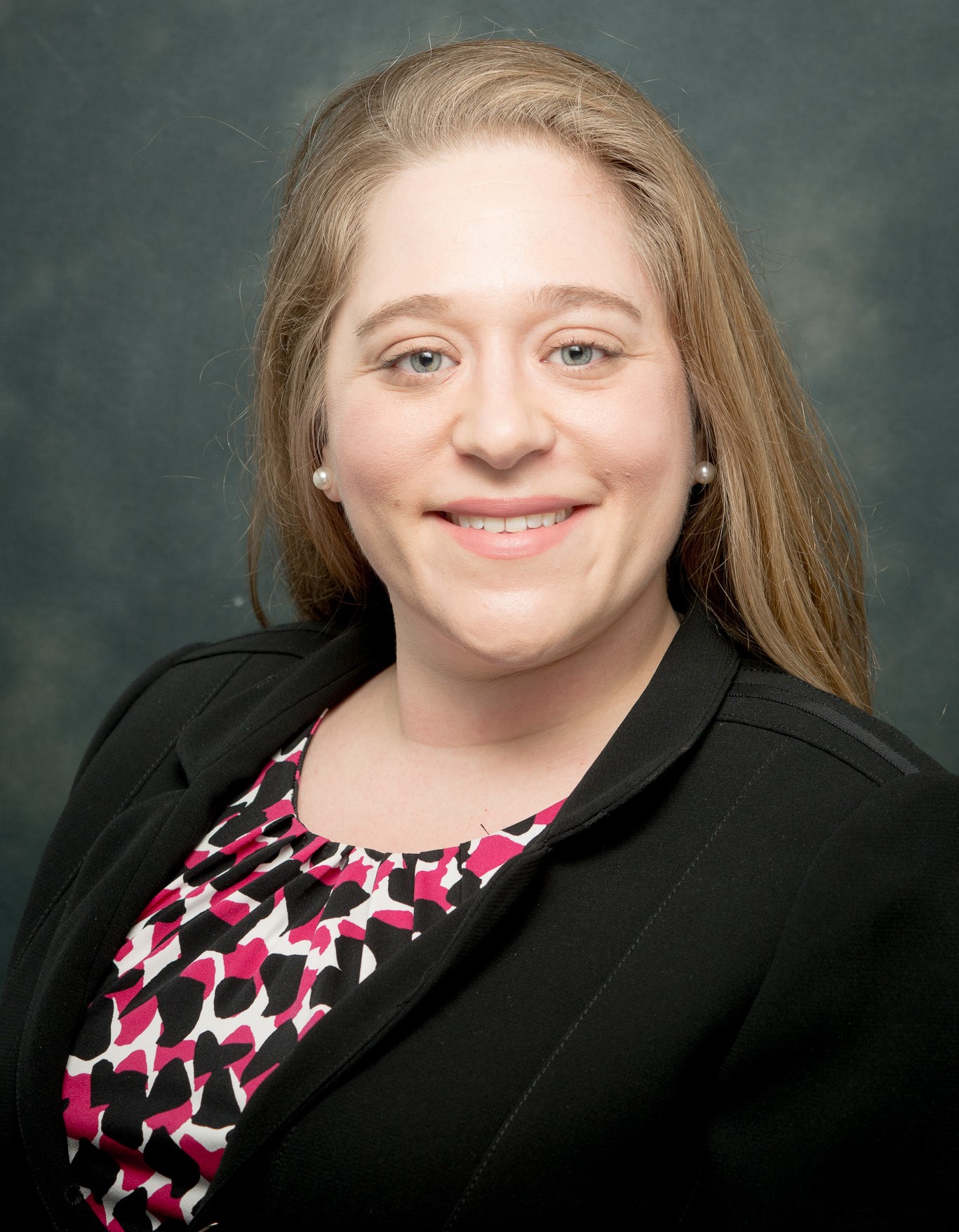How many times have you heard the following: “You should write that up!”? While mentioned by colleagues and mentors with positive intent, suggestions such as these are usually mentioned after implementation of an educational initiative. Educators who take the time to develop novel or unique experiences for trainees or colleagues would be wise to consider how it could be shared with others as scholarship during the development stage, before it is implemented.
Glassick’s criteria for scholarship outlines 6 cross-cutting standards which have a foundation in systematic inquiry and can be applied to any initiative regardless of content area. These 6 standards include having clear goals, adequate preparation, appropriate methods, significant results, effective presentation, and reflective critique. Asking yourself a few key questions early on when developing a new initiative will improve the quality of your work and the outcomes you produce.
1) Clear goals: Does your educational initiative have a clear and sufficient purpose? Are goals and objectives appropriate, well-defined, and aligned? Why will your initiative matter?
2) Adequate preparation: Did you conduct a literature review to understand similar work and use it to inform your initiative? Have you consulted with a content or methodological expert? Can you implement your initiative independently, or do you need additional team members?
3) Appropriate methods: Are your methods of teaching or instruction clear and aligned with your intended goals and objectives? Can you effectively apply those methods? Do you have a clear and feasible plan to evaluate your initiative?
4) Significant results: Will your initiative achieve its intended outcomes and will they be meaningful? It is expected that your initiative will add new knowledge to our field? Do you expect to be able to make recommendations for how to develop subsequent initiatives?
5) Effective presentation: Do you intend to present or publish the results of your initiative? Are you willing to do the work required to present your findings clearly and adequately? Are you comfortable sharing your work publicly and in a way that allows for discussion and feedback?
6) Reflective critique: Are you prepared to consider what went well, and what could have gone better? Are you willing to reflect upon what you learned throughout the development, implementation, and evaluation process? Will you feel comfortable offering suggestions for what other educators should consider if translating your initiative to their setting?
Next time you develop a new educational initiative, stop and ask yourself, “Am I embracing a scholarly approach?” Take the time to plan out your educational initiative and work towards meeting these criteria, as good teaching is scholarly teaching, regardless of publication intent. Doing so will strengthen your work, and potentially position your submission as more competitive for publication. Then, the next time someone says “You should write that up,” you can take pride in telling them that you have already set the stage for doing just that.
What are your favorite educational scholarship resources? Comment on the Harvard Macy Community Blog or share your ideas on Twitter using #MedEdPearls.
#MedEdPearls are developed monthly by the Central Group on Educational Affairs. Previously, #MedEdPearls explored topics including ten habits for career success in health professions education, and skating to where the HPE puck is going to be, and embracing the power of mentored peer review.

Kristina Dzara, PhD, MMSc (Educators ‘16, Assessment ’16; 2.0 ’17), is a PhD Medical and Health Professions Educator. She serves as Assistant Dean for Scholarly Teaching and Learning, Director of the Center for Scholarlyt Teaching and Learning, and Associate Professor of Family and Community Medicine at the Saint Louis University School of Medicine. Kristina’s areas of professional interest include the science of teaching and learning, faculty development, curriculum development, educational scholarship, and the use of social media in medical and health professions education. Kristina can be followed on Twitter or LinkedIn.
#MedEdPearls

Jean Bailey, PhD – Virginia Commonwealth University School of Medicine
Carrie Bowler, EdD, MS, MLSCM (ASCP) – Mayo Clinic
Kristina Dzara, PhD, MMSc (Educators ’16; Assessment ’16; HCE 2.0 ’17) – Saint Louis University School of Medicine
Shanu Gupta, MD – University of South Florida and Tampa General Hospital
Jennifer Hillyer, PhD – Northeast Ohio Medical University College of Medicine
Larry Hurtubise, PhD (HCE 2.0 '16) – The Ohio State University
Anna Lama, EdD – West Virginia University School of Medicine
Machelle Linsenmeyer, EdD, NAOME (Assessment ’07) – West Virginia School of Osteopathic Medicine
Rachel Moquin, EdD, MA – Washington University School of Medicine in St. Louis
Stacey Pylman, PhD – Michigan State University College of Human Medicine
Leah Sheridan, PhD – The Ohio University Heritage College of Osteopathic Medicine
Lonika Sood, MBBS, MHPE – Elson S. Floyd College of Medicine, Washington State University
Mark Terrell, EdD – Lake Erie College of Osteopathic Medicine
Stacey Wahl, PhD – Virginia Commonwealth University School of Medicine

